Introduction: The World of Hearing Aids and Headphones
In a world increasingly filled with sound, the importance of auditory support has grown tremendously. Hearing aids and headphones serve distinct yet sometimes overlapping purposes—enhancing auditory experiences and addressing varying levels of hearing loss. Dr. Siddhartha Mukherjee’s exploration of medical advancements parallels the evolution of these technologies, linking the boundaries of listening and hearing in ways that truly inform an individual’s quality of life. The implications of these devices extend beyond mere sound amplification; they encapsulate the intimate relationship between technology and human health.
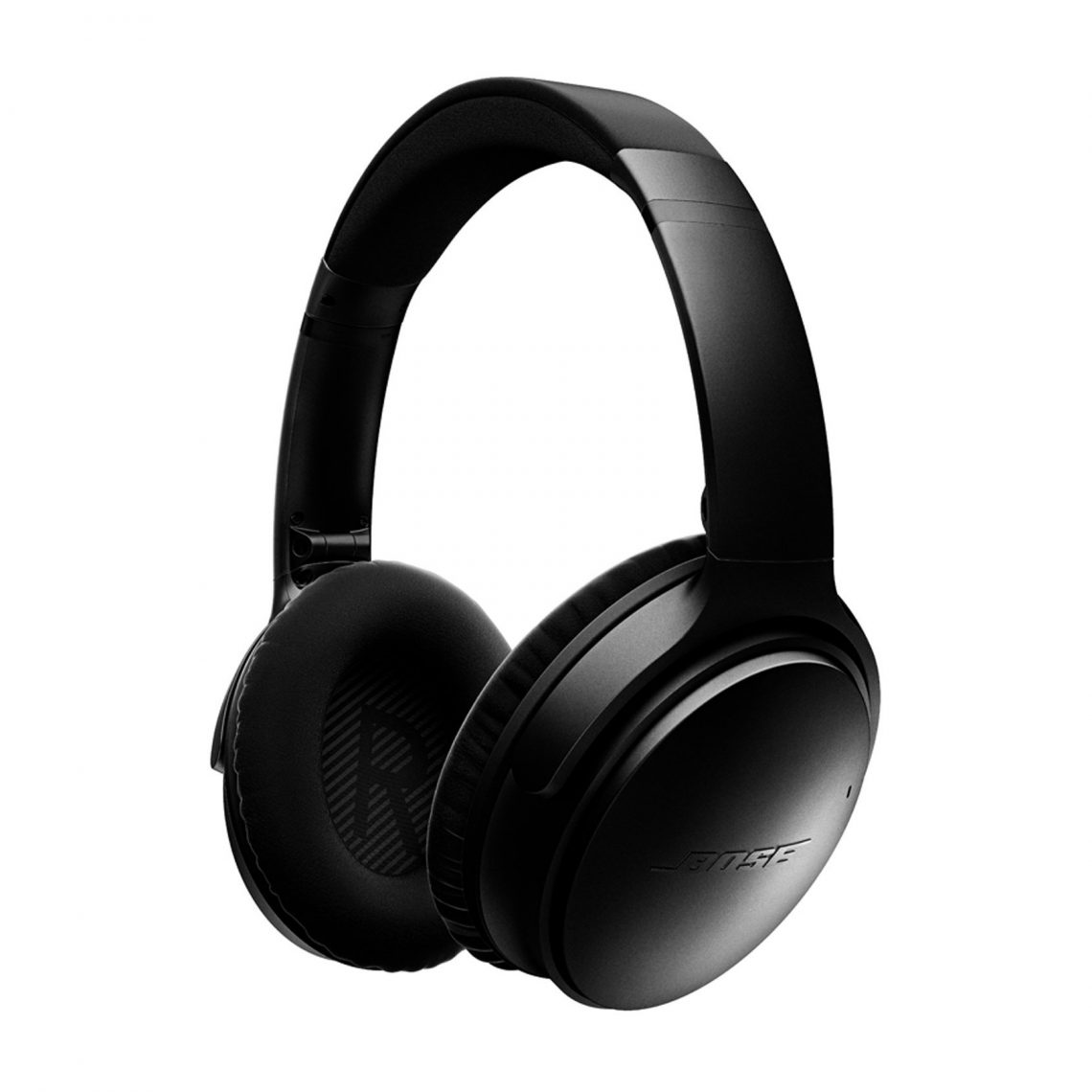
hearing aids and headphones
The Science Behind Hearing Aids
Hearing aids are intricate electronic devices that amplify sound, specifically tailored for individuals with hearing impairment. They operate on the principle of sound processing, converting sound waves into electrical signals that can be deciphered by the brain. The efficacy of these devices is influenced by factors such as the degree of hearing loss, personal preferences, and the specific features of each hearing aid. Notably, the adoption of advanced digital signal processing (DSP) technology has revolutionized hearing aids, enabling features like noise reduction and sound personalization. Referencing comprehensive insights from Understanding Hearing Aid Brands, we can appreciate the nuances of selecting the right hearing aid for effective auditory management.
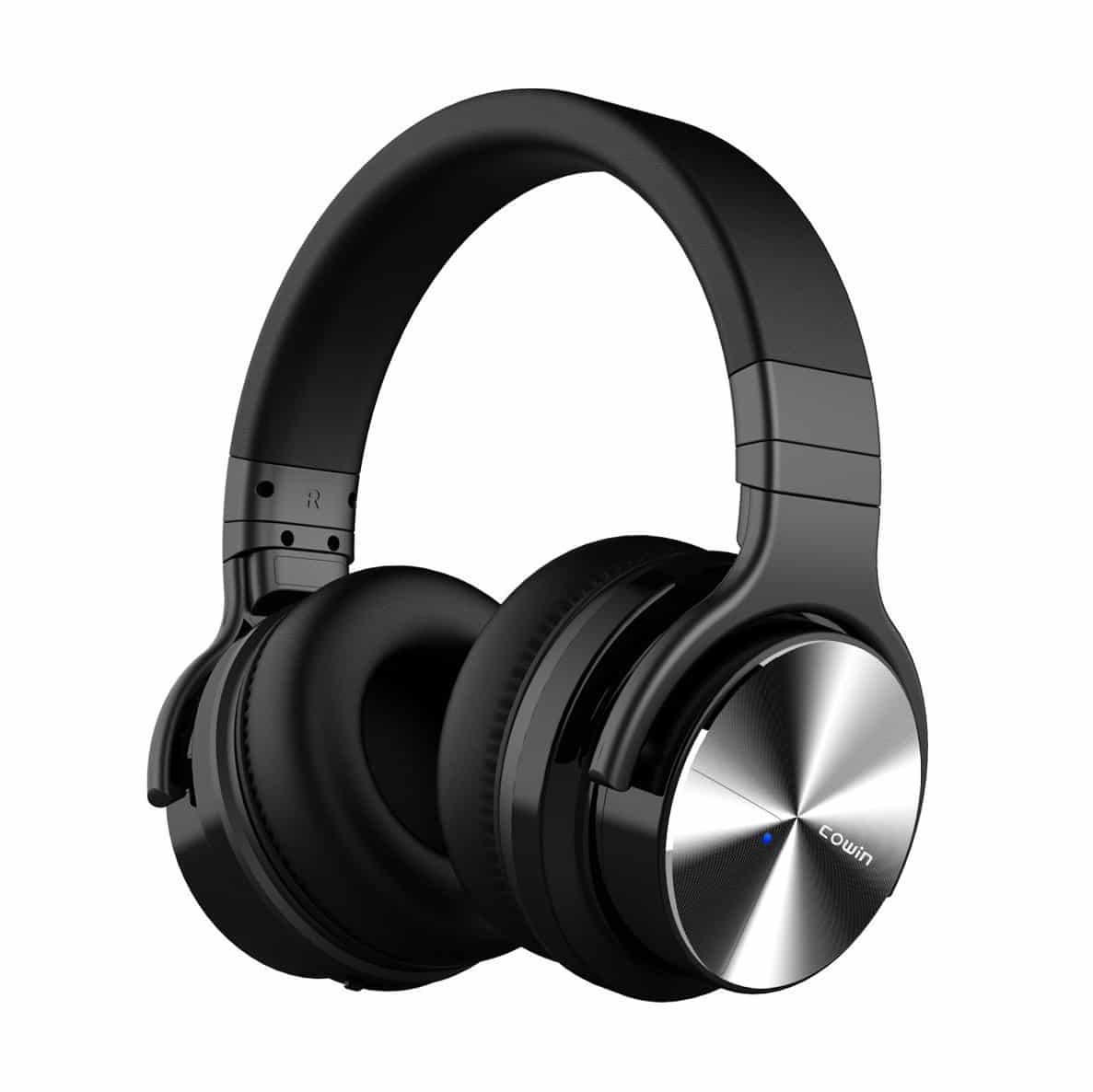
hearing aids and headphones
Headphones: A Different Approach to Sound
In contrast, headphones cater primarily to the sound preferences of listeners, providing personal audio experiences that range from music to podcasts. The recent surge in the popularity of wireless and noise-canceling headphones illustrates society’s desire to curate their sound environments. The technology behind headphones leans heavily on audio fidelity, psychological immersion, and user convenience. Unlike hearing aids, which are medically prescribed and fitted, headphones are consumer-driven products grounded in entertainment, often based on factors such as sound quality, design, and user interface.
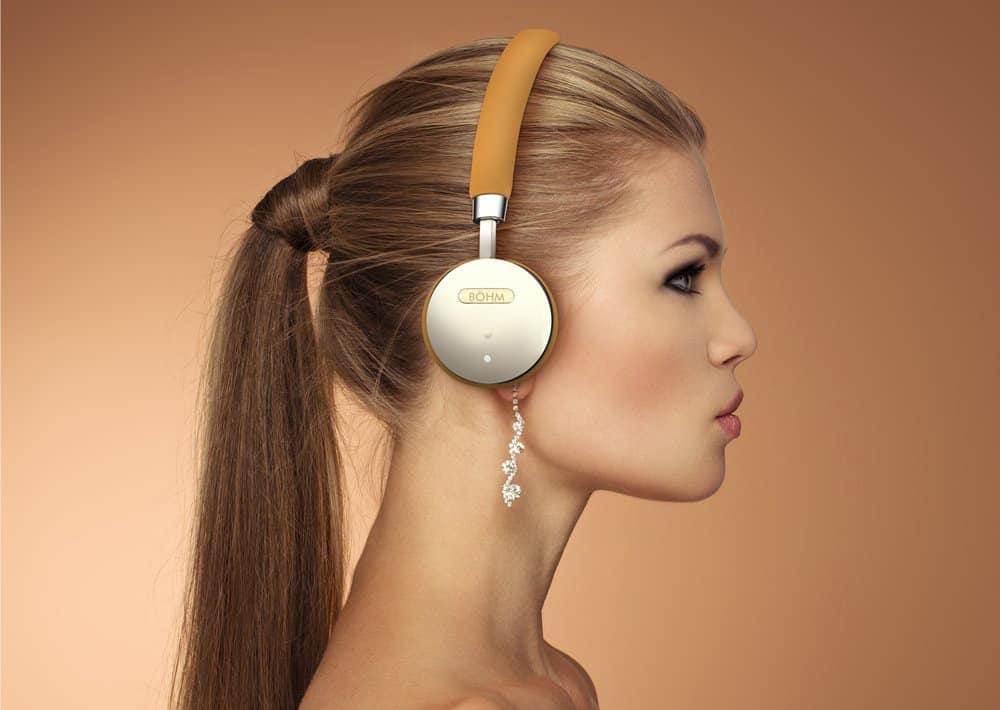
hearing aids and headphones
Common Misconceptions: Hearing Aids vs. Headphones
Many individuals conflate hearing aids with headphones, overlooking the fundamental differences in purpose and design. Hearing aids are crafted to treat hearing loss, while headphones enhance audio experiences for individuals with normal hearing. Moreover, the societal stigma surrounding hearing aids often dissuades individuals from seeking auditory assistance. In contrast, headphones are normalized in everyday life. The divergence of these two product categories must be clarified, as misconceptions can inhibit individuals from addressing hearing impairment effectively. A notable resource on this topic can be found in the Evolution of Hearing Aids.
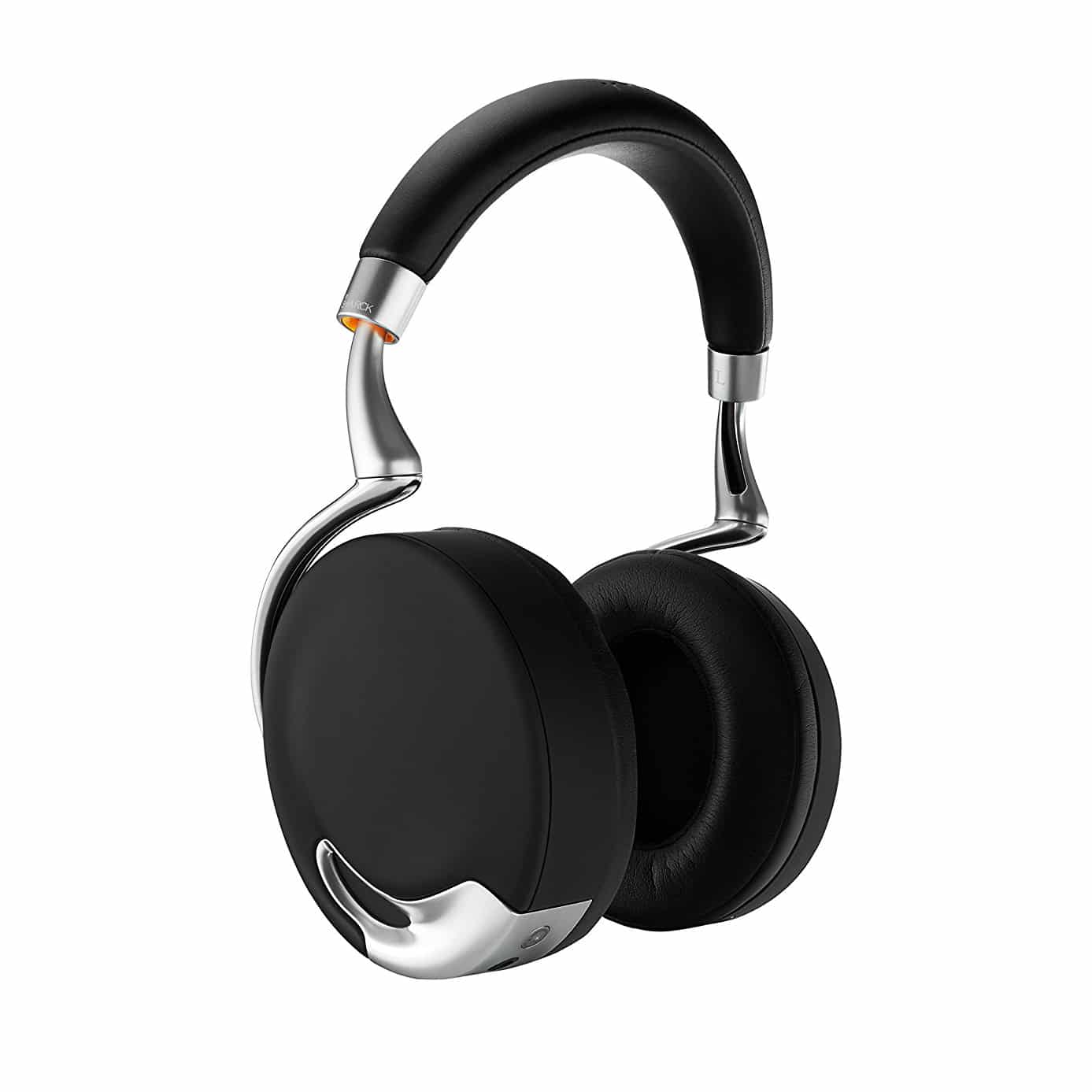
hearing aids and headphones
The Future of Hearing Technology
As we look toward the future, hearing aids are beginning to incorporate smart technology, including Bluetooth connectivity and health monitoring features, enhancing their functionality beyond simple amplification. Programs such as Nano Hearing Aids emphasize the accessibility and personalization of hearing devices, illustrating how technology can imbue traditional devices with modern capabilities. Consequently, both hearing aids and headphones are poised for continuous evolution, reflecting advancements in auditory science and consumer preference.
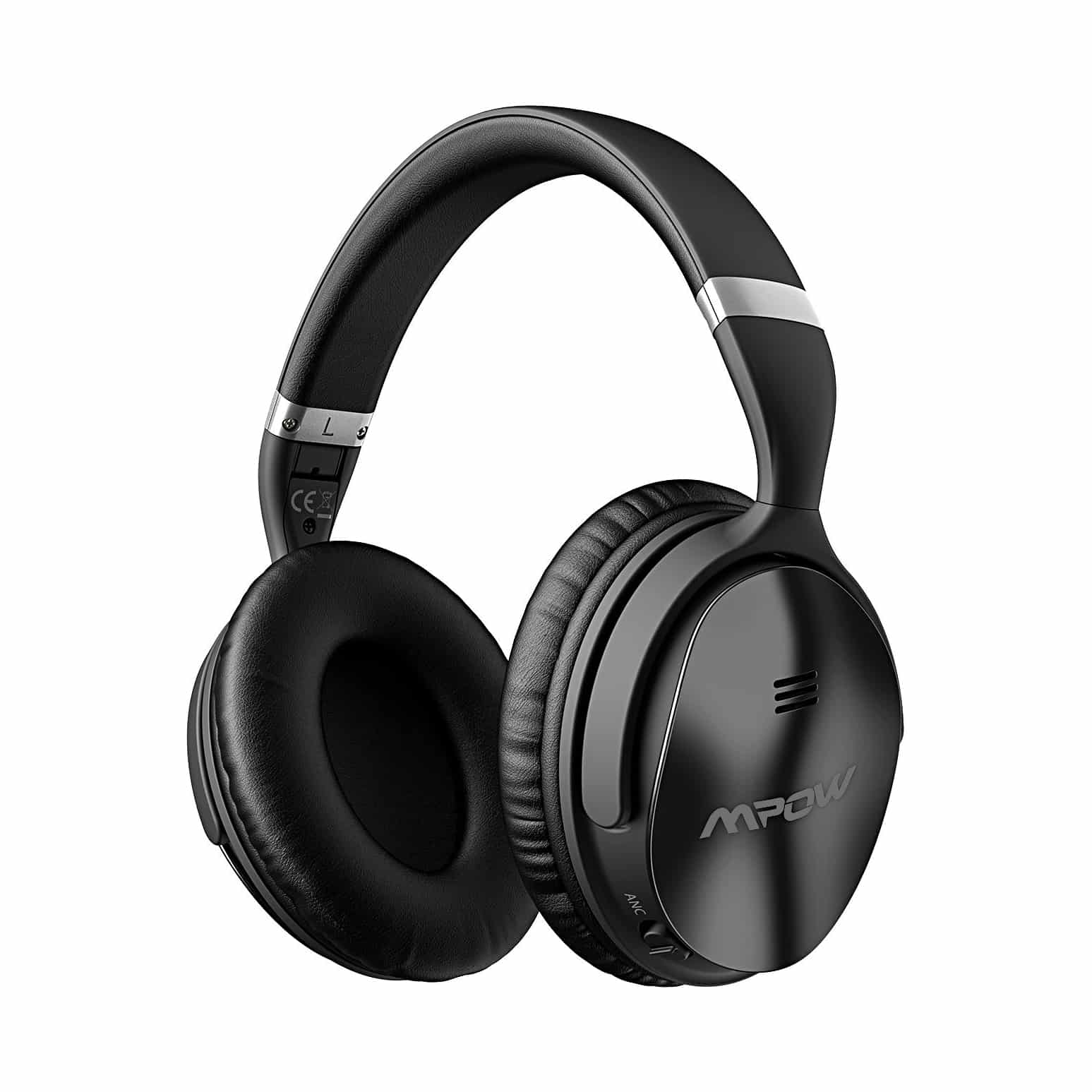
hearing aids and headphones
Conclusion: A Harmonized Relationship with Sound
In conclusion, the distinction between hearing aids and headphones embodies a broader narrative about human interaction with sound. Understanding these devices in their rightful contexts can empower individuals to make informed choices about their auditory health. The convergence of technology with personal experience continues to unfold, inspiring a future where sound is not merely heard, but profoundly experienced. For those navigating hearing loss, exploring options like Costco Hearing Aids may provide valuable insights into effective auditory solutions.